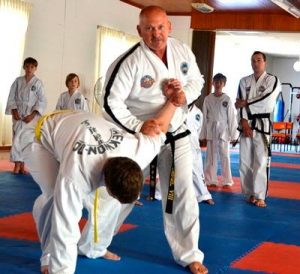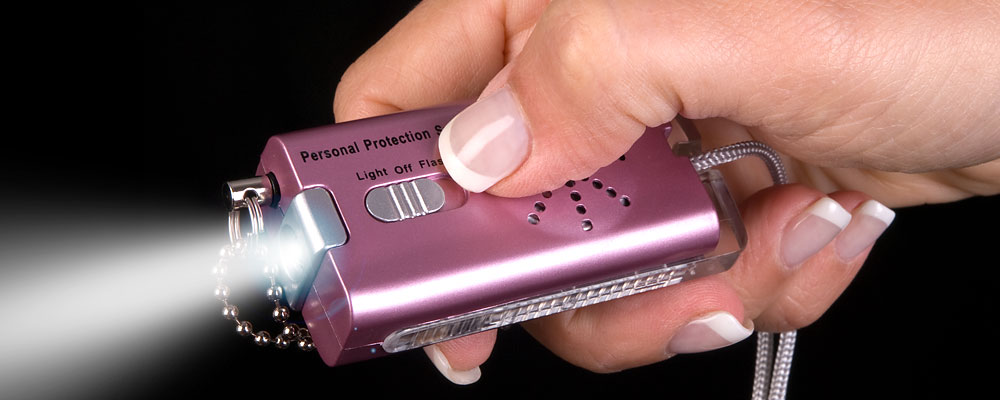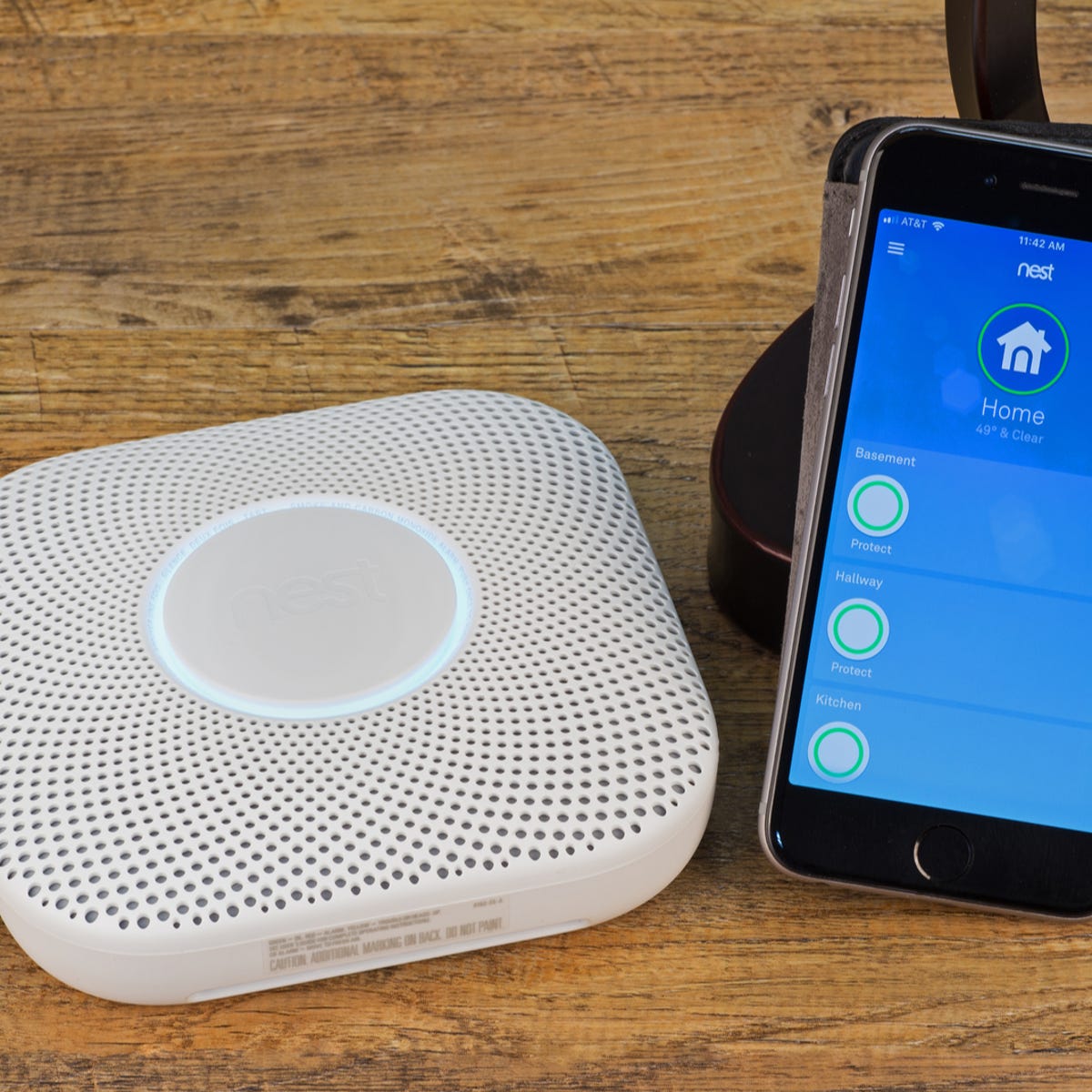
A safety net with large holes for small animals and toddlers is essential to ensure safety in the pool. The net is lighter than a pool cover and easier for children to slide through. A buoy floating on the surface is another way to indicate the deepest end of a swimming pool. Safety nets float on top of the water to help define this area. These buoys remind children to keep in the shallow end. Safety is paramount, so make sure you enforce the rules of your pool and follow them.
Mesh pool fencing
Mesh pool fences are a great choice because they offer several advantages. They are economical, durable, and practical. Safety is the greatest benefit of mesh pool fencing. Mesh pool fences must be ASTM-compliant. This means they have been independently tested and proven safe. It is important that they are easy to clean up and maintain. Here are some tips to help you choose a mesh pool fence. Keep in mind that mesh fences should always be surrounded by solid material.
A mesh pool fence can be purchased for approximately $16-$25 per linear foot. Costs for installing a mesh pool fence vary depending on its size, type, customization, and complexity. A 10-foot section, for example, would cost approximately $90. Renting a drill drill guide and core drill are required. A complete surround may not be necessary. Instead, you could install landscaping or barriers. Safety pool covers is another option. These safety pool covers, which are not removable, can support the weight a small child and four-wheeled vehicle.

Alarms for underwater pools
Underwater motion alarms sound an alarm whenever an object falls into water. These devices are often battery-powered and can easily be mounted in a variety ways. You can attach them to a collar on your dog. They run on a 9 volt battery and can last up one year. These devices are easy-to-use and inexpensive.
Some are infrared and others are floating. These are ideal for larger pools. Underwater sensors are much less likely to be false alarms than floating alarms. Although it can be complicated to use, a magnetic alarm key provides additional security. The Lifebuoy Pool Alarm System can be purchased for $300. Infrared pool alarms are also installed poolside and are installed with a 9-volt battery. The Lifebuoy system is the cheapest pool alarm option but requires drilling holes in the side of the pool. The main benefit of the Lifebuoy system is its ability to detect changes in water pressure. This makes false alarms less likely.
Anti-entrapment drain covers
The introduction of anti-entrapment drain covers for pools came as a result of the drowning of Virginia Graeme Baker, a seven-year-old girl. Baker became trapped in a drain cover that was defective due to suction entrapment. The family and her friends quickly began looking for a solution. The VGB Act was finally passed into law a few years later.
Swimming pools and spas can take safety precautions by installing anti-entrapment drainage drain covers. They can be attached directly to an existing main drain. Additionally, the older styles and designs of anti-vortex drainage covers and suction outlet covers are no long available. A professional is highly recommended for pool owners before installing drain covers. To protect children and prevent drownings, call a PHTA member.

Electric safety for pools and spas
From the installation of power cords to portable light equipment to knowing which circuit your swimming pool is on to routine panel inspections, electrical safety in swimming pools can be achieved. It also covers hot tubs or spas. It is important to be aware of power lines, especially underground ones, as they may accidentally come into contact with water. Listed below are tips to increase safety and ensure compliance with the NEC. Listed below are the basic electrical safety requirements for swimming pools, spas, and hot tubs.
Outdoor receptacles need to be covered, and kept dry during summer. Using ground fault circuit interrupters (GFCIs) is another good way to prevent electrocutions and electrocution. These GFCIs are small and portable, and cost between $12-$30 to install. Also, keep cords and electric devices away from water at all costs. Additionally, you should avoid handling electrical devices with wet fingers, especially in the presence water.
FAQ
Do stun guns hurt people?
You're not wrong. Stun guns work by injecting a small amount into the skin.
This does not cause permanent damage.
How much does it cost for a self defense course?
There are many self defence courses. The price varies depending on where you live and whether you attend in person or online.
Some schools charge $50 per month while others charge as high as $200.
Check out your local community centers if you're looking to save money. Many of these locations offer free self defence lessons.
Where can I buy a stun gun?
You can buy stun guns at many places.
You can check online stores like Amazon .com, eBay, Walmart, etc.
You can also visit brick and mortar stores such sporting goods stores, hardware shops, etc.
Can I get arrested for using my stun gun?
No. Stun guns can be considered less lethal weapons. They cannot inflict serious injury and are therefore considered less deadly.
However, if you accidentally strike someone with your stun guns, you could still be facing charges.
Statistics
- Some people walk into a gym thinking they are going to become the best by training whenever they like and not putting 100% effort in. (budodragon.com)
- In a January 2018 survey of 1,000 women nationwide, 81 percent reported experiencing some form of sexual harassment, assault, or both in their lifetime. (healthline.com)
- Kung Fu alone has 400 unique martial art styles – and whilst you likely won't be able to find a school for each form, many other martial arts are completely different altogether. (budodragon.com)
- Saying this, Self defense 101 would be the importance of situational awareness, which can never be replaced by the finest of martial arts, because it is this that would help you to avoid any likely attacks in the first place. (worldofselfdefense.com)
External Links
How To
How to Survive a Home Invasion
Home invasion is terrifying, especially when you have kids. We didn’t know that we would be experiencing it ourselves as we embarked on our home security system installation adventure. Here's what we've discovered so far.
-
You must not allow your kids to see the attackers. Two men entered our home while our children were asleep upstairs. We took them downstairs until they arrived at the police station. The police arrived and our kids were not hurt. However, the traumatizing images did enough to make them feel scared.
-
Lock Up All Valuables. Our bedroom has a safe that holds valuables. Even if someone broke into the house, they won’t have access to it.
-
Keep an eye out for burglars. Our neighborhood is known for its high number of burglaries. We are always on the lookout for suspicious cars and people.
-
Have A Backup Plan. Our family will be financially taken care of financially if anything happens. We also have a plan in place to leave the country if necessary.
-
Be prepared. You must be prepared if you find yourself in a position where you have to defend your life. Make sure you have food, water, and other supplies ready.
-
Call 911 first. After you discover that someone is breaking into your home, immediately call 911. It is better to call 911 immediately than wait for the authorities to come to your house.
-
Use common sense. Do not let anyone enter your home if you don't feel at home. Also, don't invite strangers to come over.
-
Reach out to your neighbours or other residents in your area for assistance. Call neighbors or friends if you feel unsafe. You can have them watch your back while calling the police.
-
Stay Calm And Do As Instructed By Police Officers. Keep calm and do as the officers direct. Do not run away from officers or resist arrest.
-
Take Pictures Of Any Evidence. Photograph any evidence that is found during an investigation. You can take pictures of fingerprints, blood samples, or other evidence.
-
Local Law Enforcement. No one was hurt, but you can still file a report to local law enforcement. Doing so may prevent future crimes against you.
-
Contact the Insurance Company Immediately. Get in touch with your insurance company immediately. Let them know everything and then ask for an adjuster.
-
Retire Personal Belongings. Take your personal belongings off the premises. It is best to take your expensive jewelry off and place it somewhere safe.
-
Make sure you take care of yourself. Clean up after yourself. Make sure you empty the trash, clean up any broken glass, and lock all doors.
-
Talk about What Has Been. Do not talk about what happened to anyone. You never know who might attempt to use this information against later.